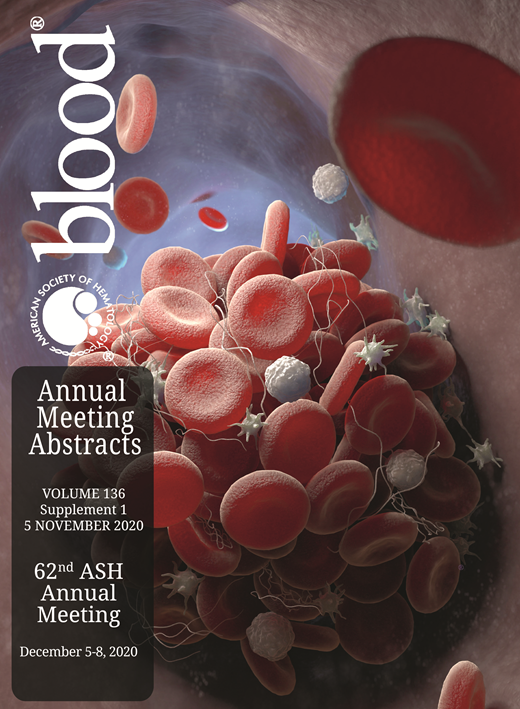The polycythemia vera (PV) is a chronic myeloproliferative neoplasm characterized by increased hematocrit (HCT), elevated white-cell and platelet counts and splenomegaly. The most commonly used first line cytoreductive agent is hydroxyurea (HU). However, some patients have an inadequate response or have inacceptable side effects from HU. Ruxolitinib, a Janus kinase (JAK) 1 and 2 inhibitor, was shown to have a clinical benefit in patients with PV. A phase 3 study (RESPONSE) have shown that PV patients on Ruxolitinib at dose of 10 mg twice daily at week 32 had a complete hematologic remission. In this study were enrolled 40 patients with PV (30 men, 10 women; mean age 54 years, range 51-57) according to WHO criteria, assigned to Ruxolitinib at dose of 5 mg twice daily for clinical evidence of liver dysfunction. All patients were evaluated for JAK2V617F allele burden, HCT, white cells and platelets, splenomegaly and symptom burden, including pruritus, fatigue and night sweats. The mean duration of disease was 9 years. All patients received low-dose aspirin and underwent phlebotomy. Before Ruxolitinib, all patients had JAK2V617F allele burden > 50%, HCT control on phlebotomy, high white cells (12x109/L) and elevated platelets (600x109/L) and spleen volume of 450 cm3 or more as measured by magnetic resonance imaging (MRI) or computed tomography (CT). After Ruxolitinib we observed a shortened response time at week 6 marked by JAK2V617F allele burden < 50%, HCT < 45% in the absence of phlebotomy, normal white cells and platelets (6x109/L and 320x109/L, respectively) and reduced spleen size as assessed by palpation and absence of symptoms. These data suggest that the Ruxolitinib treatment at the alternative dose of 5 mg twice daily can be effective in achieving a rapid and complete hematologic remission that is still present in these patients receiving this dose of Ruxolitinib at the time of this analysis.
No relevant conflicts of interest to declare.
Author notes
Asterisk with author names denotes non-ASH members.

